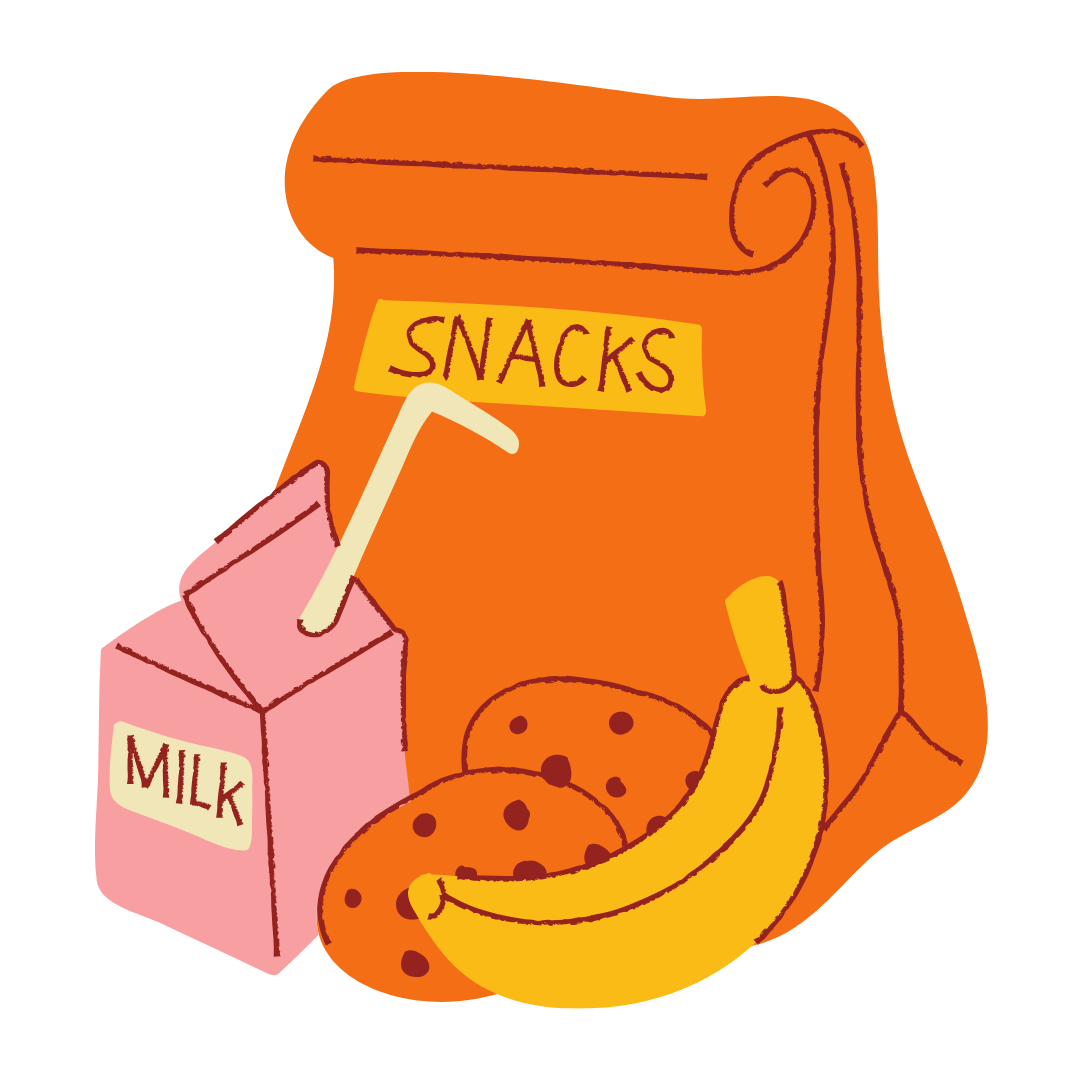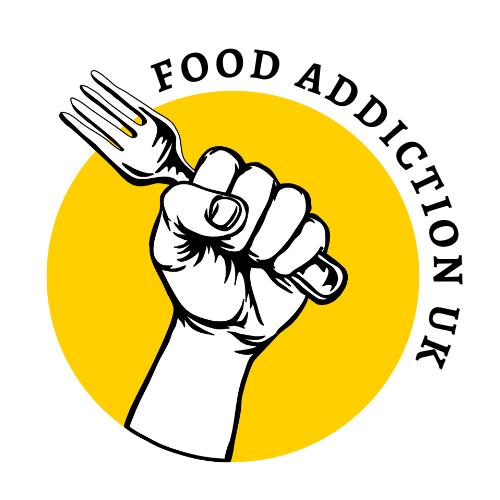Mindful Snacking: Tips for Staying Grounded During the Day
Snacking doesn’t have to be a guilty habit. In fact, when done with awareness and intention, snacking can be a helpful way to support your energy, stabilise your mood, and stay connected to your body throughout the day. But let’s be honest, for many of us in recovery from food addiction, snacking can also become a slippery slope. It’s easy to find ourselves standing at the fridge or rummaging through the cupboard, not out of hunger, but out of boredom, stress, or habit.
So how do we find balance? How do we honour our need for nourishment without slipping into autopilot or using snacks as emotional crutches? The answer lies in mindful snacking.
What is Mindful Snacking?
Mindful snacking is the practice of eating with full awareness. It means paying attention to what you’re eating, how much, why, and how it makes you feel - physically and emotionally. It’s about turning down the volume on autopilot eating and tuning in to your body’s real signals. Mindful snacking isn’t about restriction or willpower, it’s about choice,
and choice is powerful, especially in recovery.
Why Mindful Snacking Matters in Recovery
If you’re working on your relationship with food, snacks can be a bit of a grey area. You might ask yourself?
“Am I really hungry?”
“Is this a craving or a cue from my emotions?”
“What am I really looking for right now?”
Mindfulness helps you answer those questions with kindness and curiosity instead of judgement. Mindful snacking can:
Prevent emotional eating before it starts.
Help you feel more in control of your eating patterns.
Support steady energy levels, reducing extreme hunger or binge triggers.
Rebuild trust between you and your body.
Tips for Mindful Snacking During the Day
Here are some gentle, practical ways to make your snacks more intentional and grounding:
1. Pause Before You Snack
Before you reach for something, take a moment. Place your hand on your belly or heart and ask:
“What am I feeling right now?”
“Am I physically hungry?”
“What would truly nourish me in this moment?”
Even a 10-second pause can shift you from reactivity to awareness.

2. Create a Snack Space
Try not to snack while standing at the fridge, driving, or scrolling on your phone. If possible:
Sit down
Put your snack on a plate or in a bowl
Step away from your work or distractions
This helps your brain register the eating experience and signals satisfaction more clearly.
3. Choose Snacks That Support You
Instead of focusing on “good” or “bad” snacks, think about what helps you feel stable, nourished, and cared for. Some supportive snack ideas might include:
A handful of mixed nuts with a few dried fruits.
Greek yoghurt with berries.
Wholegrain crackers with hummus.
Apple slices with peanut butter.
A boiled egg with some cherry tomatoes.
And sometimes, it might be a square of chocolate or a few crisps, and that’s okay too. Mindfulness includes flexibility, not punishment.

4. Eat With All Your Senses
When you snack, notice:
The texture
The temperature
The flavours
How your body feels before, during, and after eating
The more tuned in you are, the easier it becomes to tell when you’ve had enough, and when food has truly served its purpose.
5. Use Snacks as Check-in Points
Turn your snack breaks into mini wellness check-ins. Ask:
Have I taken a break today?
Do I need water, movement, rest, or connection?
How’s my stress level right now?
Sometimes what we really need is a stretch, a deep breath, or five minutes of silence, not a snack. Mindful eating helps you spot the difference.

6. Be Kind If You Eat on Autopilot
Mindfulness is not about being perfect. If you realise you’ve eaten mindlessly, take a breath. Guilt doesn’t help, but gentle reflection does. Ask yourself:
What was happening in that moment?
What might I do differently next time?
How can I support myself with compassion, not criticism?
Every snack is a chance to learn, not a pass/fail test.
Grounding Practices to Pair with Your Snack
To stay anchored in the present moment, you could try:
Box breathing: Inhale for 4, hold for 4, exhale for 4, hold for 4
Naming five things you can see, four things you can touch, three you can hear...
Stepping outside for a moment of fresh air and sunlight
Journaling a quick note about how you’re feeling
The goal isn’t just to avoid overeating, it’s to create calm, awareness, and support for your whole self.
Final Thoughts: Snacks Are Not The Enemy
In recovery, it’s easy to swing between extremes, total control or no control. But the truth is, you’re allowed to snack. You’re allowed to nourish yourself during the day. You just don’t have to do it on autopilot any more. Mindful snacking is about learning to listen, respond, and trust yourself again. It’s a practice, not a rulebook. So next time you reach for a snack, remember: You have the power to pause. You have the right to choose. And you are allowed to feed your body with presence, not punishment.
Copyright © 2025 · Food Addiction UK



